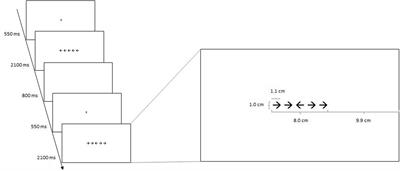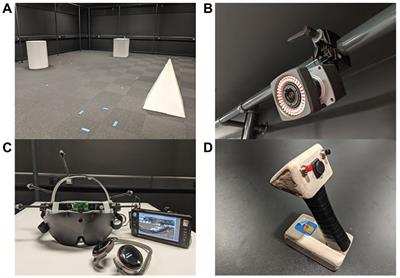EDITORIAL
Published on 30 Mar 2021
Editorial: Spatial and Temporal Perception in Sensory Deprivation
doi 10.3389/fnins.2021.671836
- 3,199 views
- 1 citation
19k
Total downloads
95k
Total views and downloads
EDITORIAL
Published on 30 Mar 2021
ORIGINAL RESEARCH
Published on 11 Jan 2021

ORIGINAL RESEARCH
Published on 20 Oct 2020

ORIGINAL RESEARCH
Published on 23 Sep 2020

MINI REVIEW
Published on 16 Sep 2020

ORIGINAL RESEARCH
Published on 25 Aug 2020

ORIGINAL RESEARCH
Published on 04 Aug 2020

REVIEW
Published on 30 Jul 2020

COMMUNITY CASE STUDY
Published on 24 Jul 2020

ORIGINAL RESEARCH
Published on 10 Jul 2020

ORIGINAL RESEARCH
Published on 01 Jul 2020

ORIGINAL RESEARCH
Published on 16 Jun 2020

